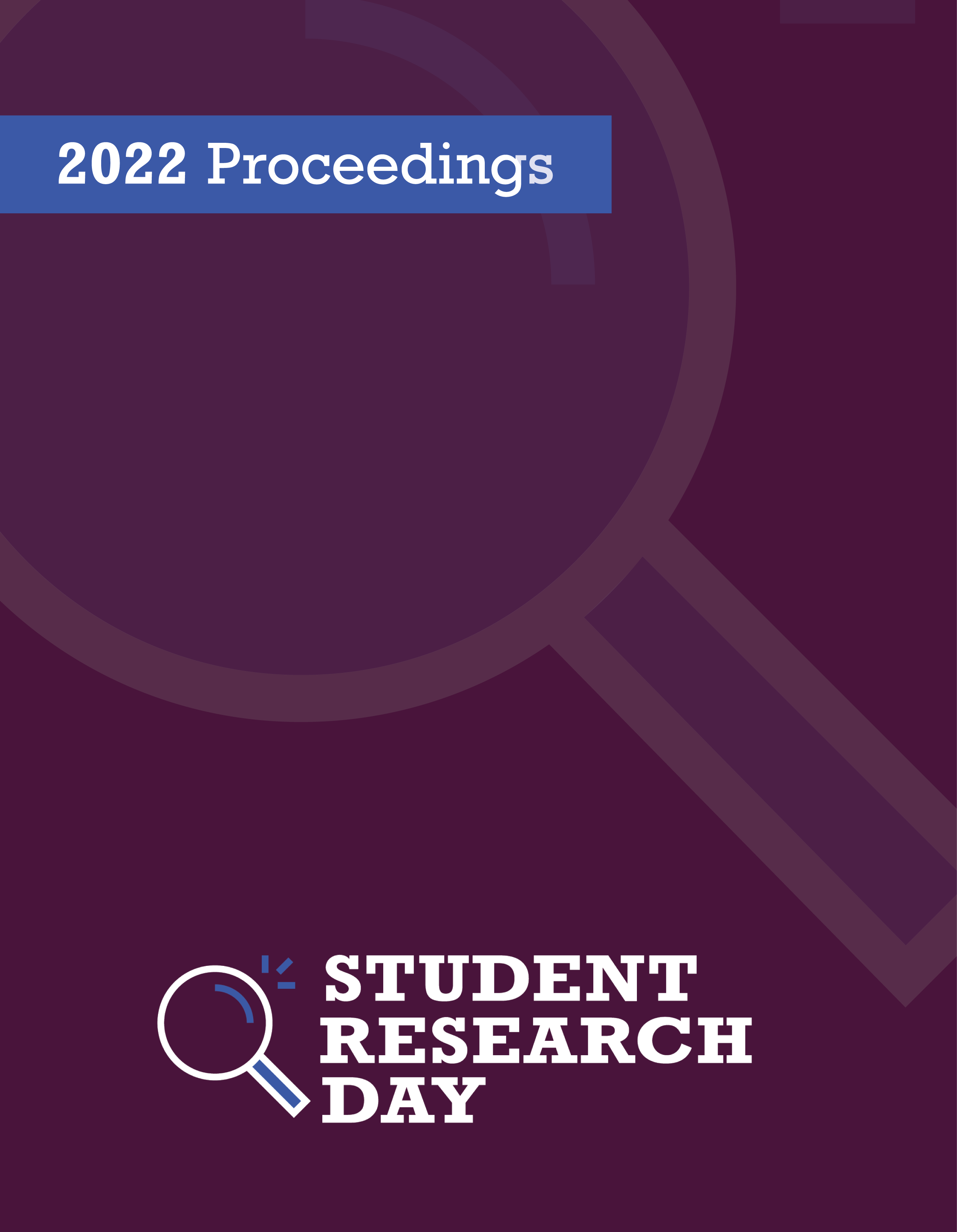The Positive and Negative Perspectives of Narcissism
Abstract
Here, we explored public stigmas related to grandiose narcissism (i.e., a personality trait characterized by an excessive need for admiration, exaggerated self-importance, and a sense of entitlement; Grapsas et al. 2020). Although narcissism is perceived as a socially undesirable trait by those low in narcissism, individuals high in narcissism consider narcissism to be a positive “get ahead” trait (Carlson, 2013). However, narcissistic individuals may exacerbate (diminish) their narcissistic tendencies when told that narcissism is socially desirable (vs. undesirable). To examine this, 300 participants completed the Narcissistic Admiration and Rivalry Questionnaire, read either a positive (e.g., narcissistic individuals are charismatic) or negative (e.g., narcissistic individuals are manipulative) definition of narcissism, and reported their thoughts regarding the definition. We hypothesize that narcissistic individuals will deny being more narcissistic upon reading the negative (vs. positive) definition because it presents narcissism as socially undesirable. Less narcissistic individuals will view narcissism negatively regardless of whether they read the positive or negative definition of narcissism because of their previous knowledge of narcissism’s darker connotations. Future research will examine whether narcissism is stigmatized and how being high in narcissism may buffer the impact of stigmatization.
Department: Psychology
Faculty Mentor: Dr. Miranda Giacomin
References
Published
Issue
Section
License
Authors retain any and all existing copyright to works contributed to these proceedings.



